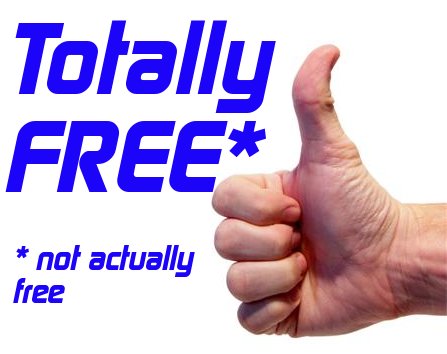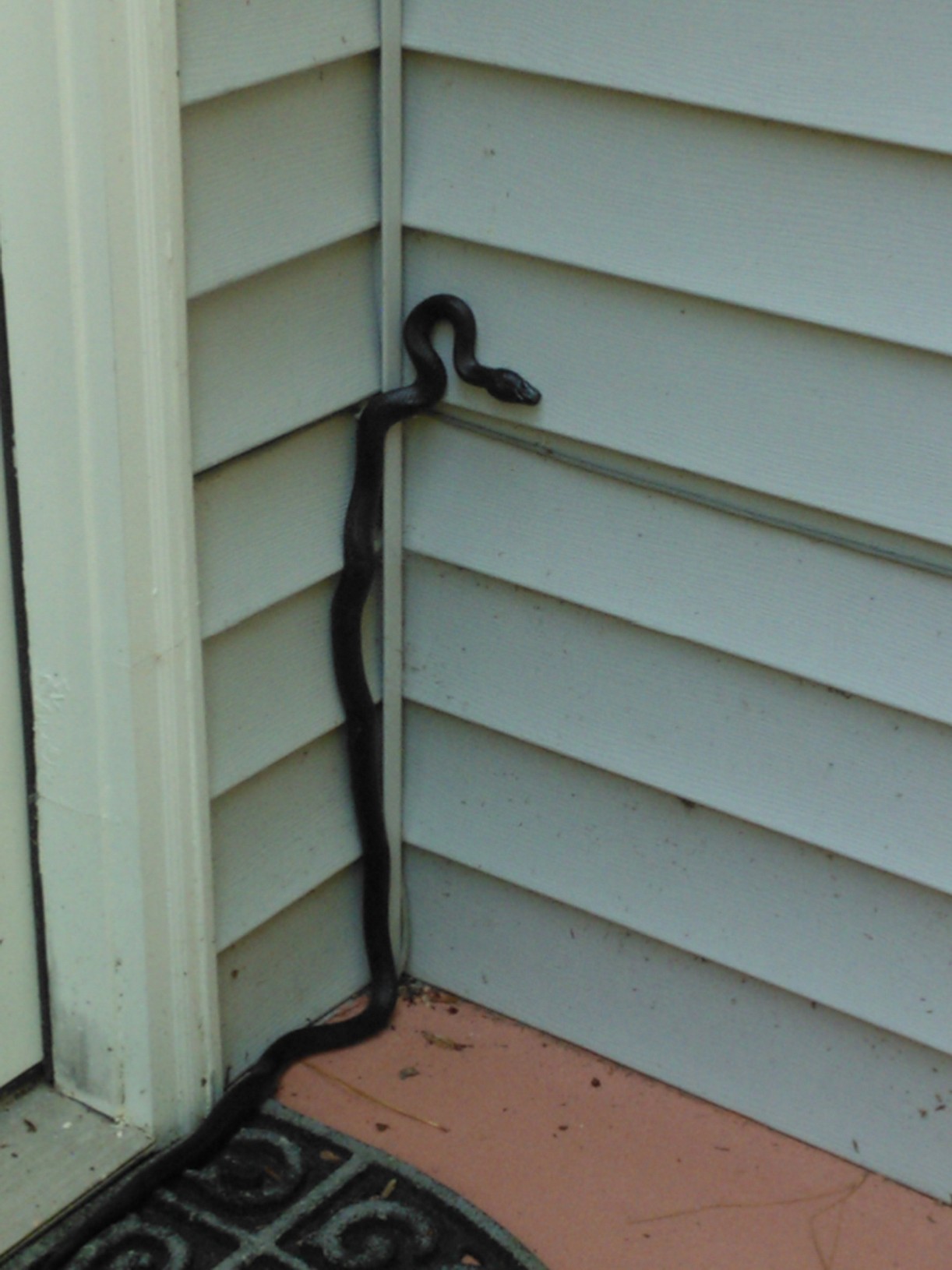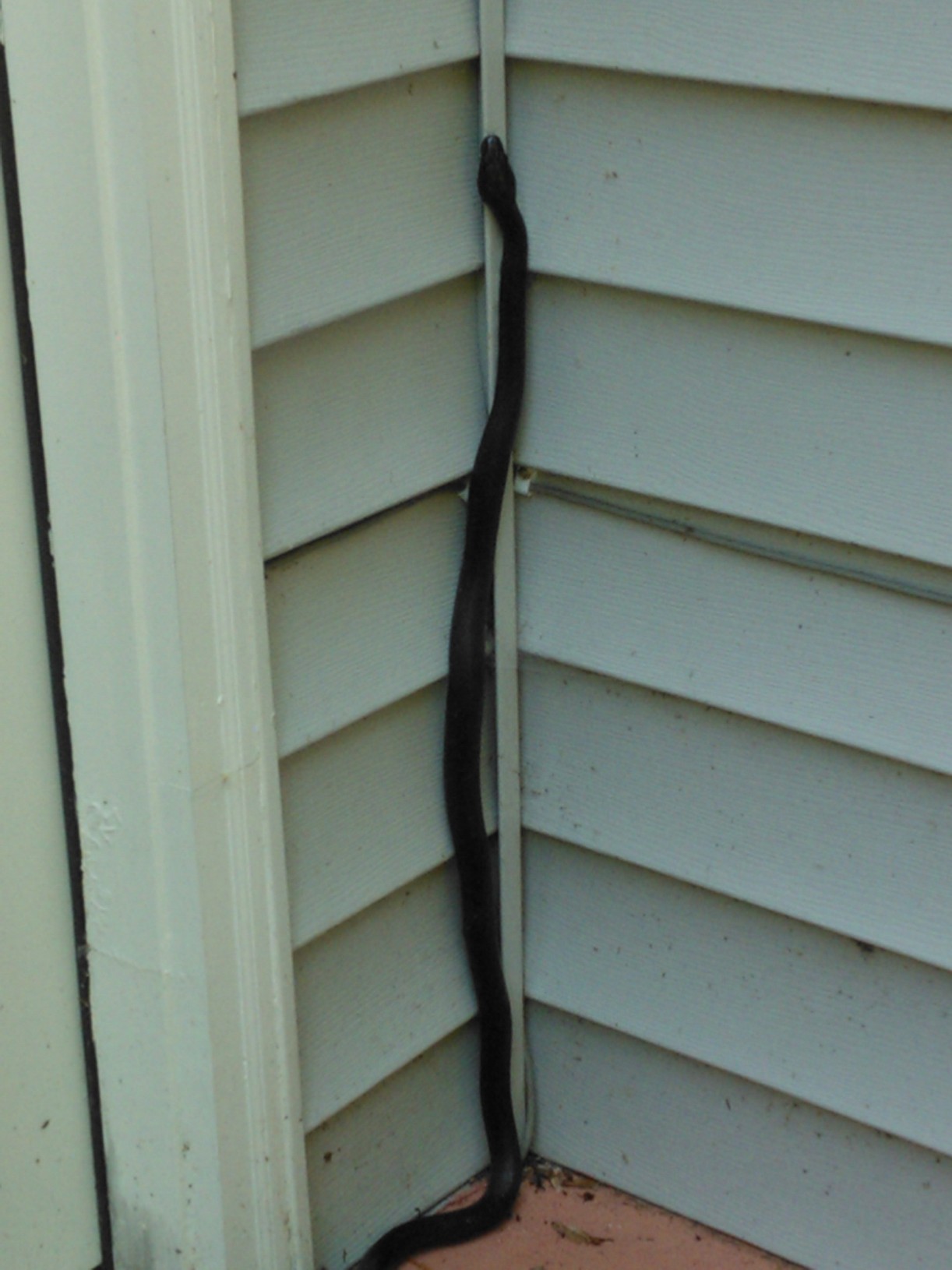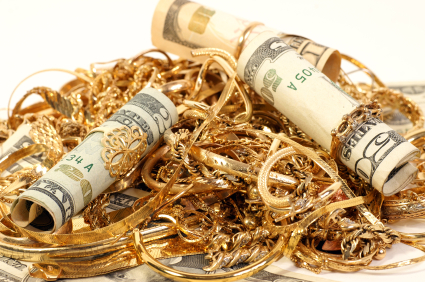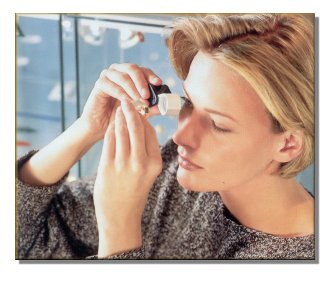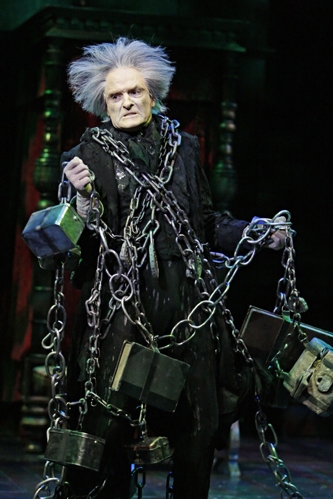Everyone is trying to pinch pennies. But I wouldn’t be doing my job if I didn’t send up a warning to be extra careful if something is “free.” A “free” something will almost always lead to strings attached or something expensive coming later, like a repair, further services of some sort, or worst … it could be a scam. In the professional world, “free” is used to attract you and extract your personal information so they can use it to get money out of you for something else. Here in the 21st century, your information can also be used against you in the cyber world.
It is equally important to realize that paying for a valued service versus a free service does have its differences. A free service (such as an estimate, consultation, product, etc.) will only provide you with a fraction of the information, leaving you hanging for more, but then you will have to pay for it, often in more ways than one. A paid service will get the job done to completion the first time, if you choose the right professional.
Everyone is always attracted to “free” but should we be?
My late father had a saying, “If it’s free, take two.” He was a Depression baby. I am not. This is the thought process of many people. But no, I will not take “two” because I don’t want to clutter up my home with things my child won’t want one day, and I don’t want right now. I won’t do that to my family.
What possible trouble could “free” cause?
Let’s take a closer look at the repercussions…
- What if something goes wrong?
- What if the service or information is inaccurate? Where does the liability lie?
- What if you get hurt, someone else gets hurt, or property (such as your home) gets damaged?
- What if they don’t complete the job, or the job goes for months with no accountability?
- What if you dislike the results or get really bad information?
- What if you hired family, friends, or neighbors? That relationship will never be the same.
- And finally, what is your recourse if no money changed hands?
Many times, people have ulterior motives for offering something for free. Not always, but a good bit of the time, it’s true, even in my own industry (as well as every other industry).
“Free” is never free. It just sounds good. Free can mean hasty mistakes, and free can mean costly mistakes. Sometimes free can be very expensive.
©2014 The Estate Lady®
Julie Hall, The Estate Lady®, is the foremost national expert on personal property in estates, including liquidating, advising, and appraising. http://www.TheEstateLady.com She is also the Director of American Society of Estate Liquidators®, the national educational and resource organization for estate liquidation. http://www.aselonline.com.
No part of The Estate Lady® blogs, whole or partial, may be used without Julie Hall’s written consent. Email her at Julie@TheEstateLady.com



